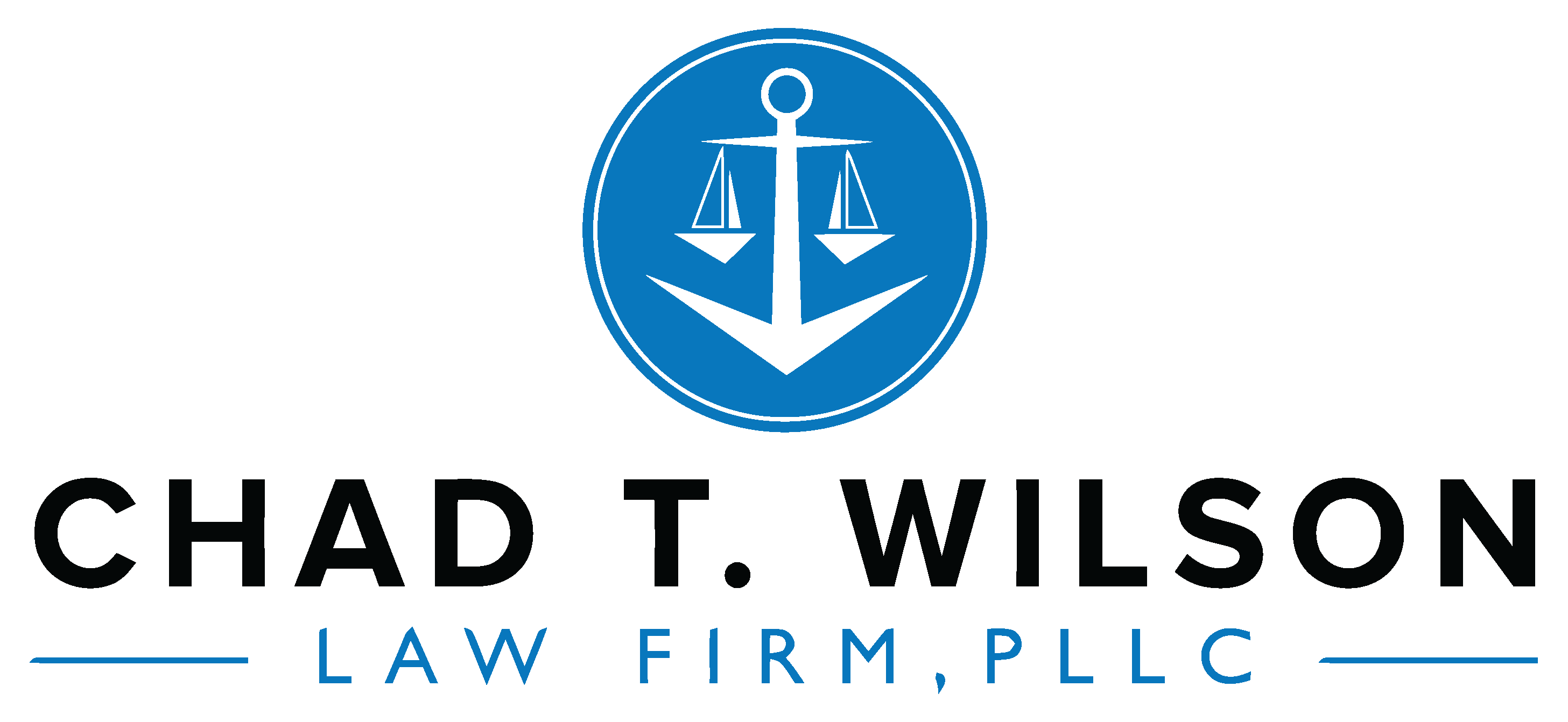
How to Choose the Best Home Insurance for You
Choosing a Home Insurance Policy
From young to old, first-time to veteran home buyer, an alarming number of people don’t know how to choose a home insurance policy. Should you get an ACV or a RCV policy? Do you need flood insurance? Why are the premiums so different?
Yes, insurance policies can be confusing. They’re filled with legalese and abbreviations, and maybe just skimming them gives you a headache. But, as a homeowner, you need to be able to make an informed decision.
Here. Let us break it down for you.
Do I need an ACV or an RCV policy?
Our clients often share that they chose their insurance policy because it had a low deductible. They never realized that low rate meant they were getting an ACV policy, which insures your home for its components’ Actual Cash Value. That means if your roof is rated to last 20 years, and it’s 10 years old, you’re only insured for what the roof costs today. In other words, if that new roof cost you $10,000 ten years ago, you’re only insured for $5,000. And if you have, say a $2,500 deductible, you only have $2,500 to fix your roof. If you have an ACV policy, you are more than likely throwing your premiums away. You’ll want to make sure you have an RCV, or Replacement Cost Value, policy. In the example above, an RCV policy would have made sure you got the full $10,000, minus the policy deductible, to replace your roof.
What are the different types of property insurance coverages?
With most insurance companies, there are included and optional coverages. Dwelling coverage, contents coverage, property damage and personal liability come standard in most homeowners insurance policies. But, they don’t cover everything.
Dwelling coverage protects your home’s structure, i.e. the floors, walls, ceilings, attached structures and built-in appliances. It can also cover you against fire, hail, theft and vandalism, and get you the money to rebuild your home if necessary, not exceeding your policy limit.
Contents coverage protects, you guessed it, the contents of your home. From clothes to furniture, you can receive payments for the value of your home’s contents if they’re damaged in a covered incident. For example, if you have flood insurance, this coverage could help you replace the items damaged by a flood. While this coverage is included in your policy, the amount of coverage is, ultimately, up to you. When choosing the amount, really think about how much it would cost to replace all of your furniture, entertainment system, wardrobe, etc. You certainly don’t want too little coverage, but you also don’t want to pay for more than you need.
Personal liability protects you and your guests. This aspect of your policy can cover the medical, and other, costs if a guest is injured in your home.
Property damage coverage helps pay for the damages to your property that result from a covered incident.
Optional Home Insurance Coverages
Though most standard policies include the above coverages, they don’t cover everything you might need. The below coverages are, more or less, a la carte options for your home insurance policy.
We would venture to guess that most homeowners in south Texas and Louisiana are already looking at flood insurance after recent years. If you’re not, you should be. The past several years in both Houston and Baton Rouge, and their surrounding areas, have proved that living in a no-flood zone means nothing to Mother Nature. Flood insurance, usually backed by the federal government, is a separate policy insurance companies offer, so it’s usually not included in your homeowner’s policy. Getting flood insurance is always a good idea, unless you live in the desert.
Replacement cost plus and ordinance/law insurance are both options that allow you to rebuild your home after a total loss. If you’ve owned your home for many years or are worried about depreciation, replacement cost coverage might be a good option for you. Ordinance/law insurance helps people with older homes rebuild their houses to fit current building codes.
There are a plethora of policy coverage options including earthquake, structures, medical payments, sewer water backup and more. Even if you don’t think you need a certain option, like earthquake coverage, do your research before making a decision. When choosing how to protect your home, it’s important to understand exactly what you need and to be well-informed. There are more earthquakes in Texas than you probably realize.
Remember, if you ever have specific questions about your policy options, your insurance agent works for you. They are always available as a resources for clarification, explanation or statistics.
Texas Property Insurance Lawyers
If your homeowner insurance carrier has denied your insurance claim, we can help. The experienced property insurance attorneys at Chad T. Wilson Law Firm have represented more than 1,000 clients in cases against insurance companies and aggressively protect the rights of insurance policyholders. Our consultations are free, and you owe us nothing until your case is won. Contact us today to see how we can help.




